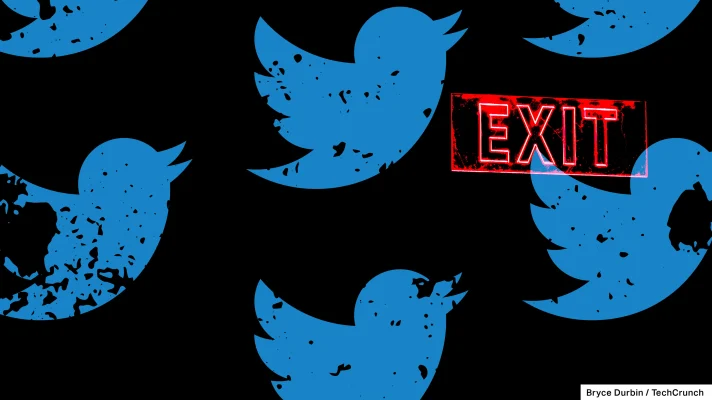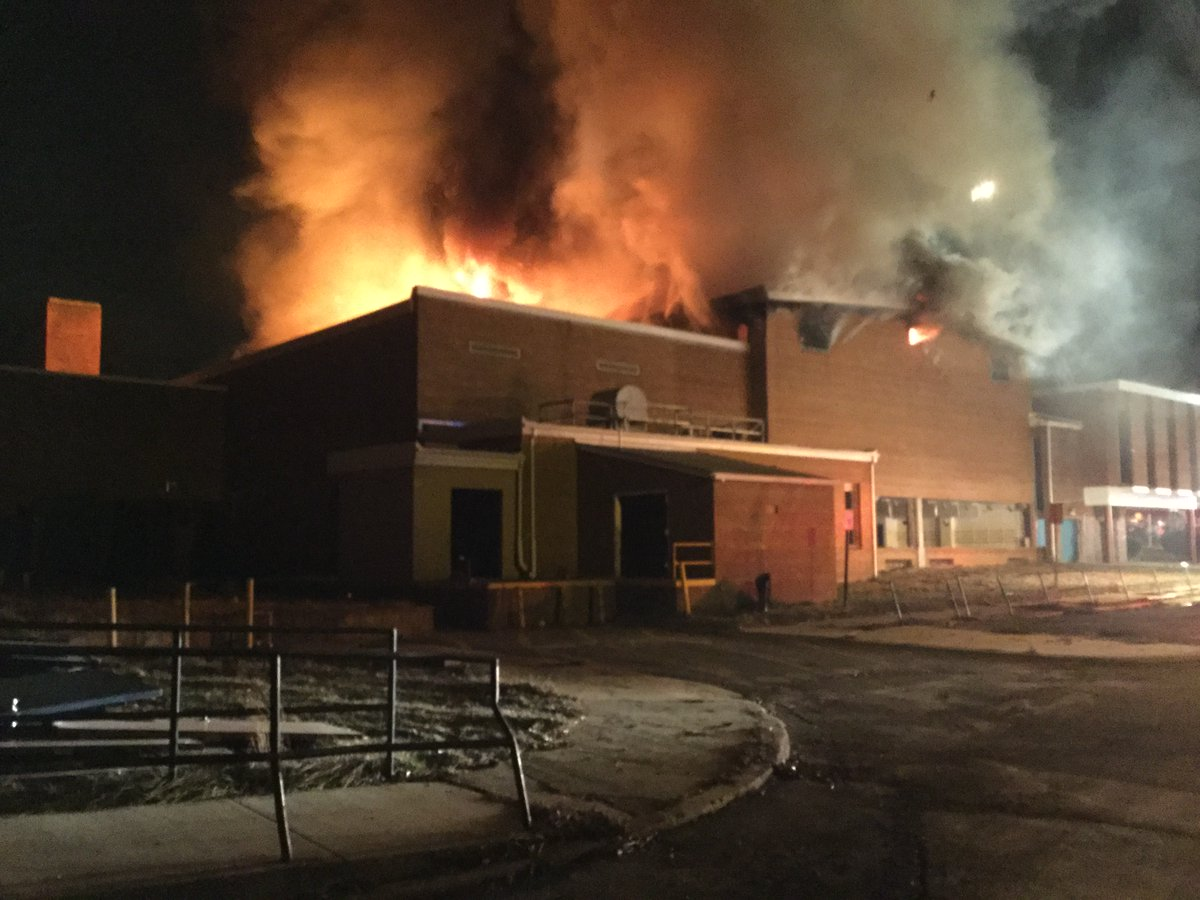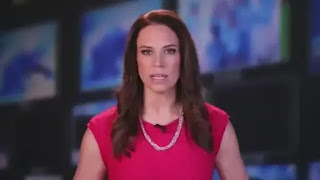Watching the boys in their element reminds me just how very social the whole experience of school is for students.
Friday, November 4, 2022
Social Learning and Back To Basics
Watching the boys in their element reminds me just how very social the whole experience of school is for students.
Thursday, November 3, 2022
School Choice and Switching Costs
The current kerfluffle over the Elon Muskification of Twitter marks roughly the eleventy billoionth time that an on-line platform has provoked a bunch of people to say, "That's it. I'm out of here." Every person has their own individual breaking point, that point at which the ethical problems of the service/platform/brand/store in question outweigh the utility you get from using them.
Online businesses are very aware that users (aka "the product") are a fickle lot, and so they have taken many steps to increase the cost of switching to another service.Mark Zuckerberg didn't give us free, vast cave of photo storage out of the goodness of his heart; he did it because it vastly increases the switching costs of leaving Facebook-- you've either got to leave your entire photo collection behind or spend a vast chunk of time porting it out. When it's time to get a new phone, you probably only look at options that match the Apple v. Android choice you've already made because switching over would just be too much of a mess. Heck, while I've often regretted my choice to use this blogging platform instead of WordPress, I stay because the thought of what it would take to switch over gives me a massive headache.
None of this has to be the case. Moving photo files from one storage facility to another should be a piece of cake. There's little practical reason that music files couldn't be compatible across various players, nor any technical explanation for why it takes so many extra steps to move any file out of the Google universe.
But the folks who operate these businesses have deliberately made leaving their fenced in compound difficult, so that you won't. Switching costs make life more difficult for users for the benefit of the business. Switching costs are put in place p[recisely so that users will be reluctant to vote with their feet.
The version of school choice that's been sold for the last few decades is welded to the idea of free market business, almost as if the main idea was not to provide students with educational choices, but to give the free market access to the educational marketplace. That has a variety of side-effects that I've talked about before, but it also brings with it huge switching costs for students and their families.
The market forces argument ("Well, if the school isn't good, families can just vote with their feet") ignores switching costs entirely. But those costs, particularly in the middle of a school year, are large. The classes that you didn't complete may not be offered in a new school, or may be at a completely different point in their progression (Common Core was supposed to fix that issue, but on that point, the Core was a complete, utter and deserved failure). Vast piles of paperwork need to be completed, application processes navigated, all new schedules with unfamiliar courses to be sorted out. And as every Facebook and Twitter rebel well knows, the additional switching cost of leaving behind friends and familiar faces.
For a voucher-fied switch, add on actual financial costs of switching.
None of that is necessary to create a choicey environment.
Consider my old high school. In my years there, I taught students who went on to work in blue collar trades, attend ivy league schools, become doctors, lawyers, attend trade schools, attend community college, work as professional musicians--okay, just imagine a list with every possible future for students, because we did that. Just about every choice that a student could want to make, we made available.
And they could exercise those choices with virtually no switching costs. Same school, same routine, same friends, different classes (some of them), different educational goals.
It's just not that hard. In her book After the Education Wars, Andrea Gabor talks about some seminal school-within-the-school charters that have been pioneered--again, with minimal switching costs.
Because switching costs are primarily about protecting business interests, and because modern reformsters have insisted that school choice must be linked to markets and business, we end up with switching costs that actually make school choice less accessible and less helpful for students. We have a charter choice system that seems designed to advance the interests of charter businesses rather than those of students. Switching costs are just part of that problem.
Wednesday, November 2, 2022
Taxonomy of Education Disruptors (2022 Edition)
Tuesday, November 1, 2022
PA: Anti-Union Halloween Trick
There's a scene in many vampire movies. Someone (usually not the hero) is holding a vampire at bay with a cross. The vampire locks eyes with him. "You don't need to do that. You are perfectly safe from me, and I know that cross is just starting to feel heavy. Heavier and heavier. Why don't you just put it down." And the camera closes in on our intrepid human-- will he put the cross down?
Monday, October 31, 2022
MI: Tudor Dixon is a bad choice
Let's get one thing straight--no matter what she says to the contrary, Tudor Dixon is not in favor of school choice.
Dixon is the gubernatorial candidate heavily backed by the DeVos family, and they aren't really in favor of school choice, either.
School choice implies a world in which students can select from a wide variety of educational options. But that is not where privatizers of the DeVos strip have been steering us. As I've argued before, the public school system isn't even the major obstacle for a true choice system.
But like our Puritan forefathers, these far-right folks are not interested in a nation in which everyone is free to learn as they wish. They would like to see an end to public education because they see it as not aligned with their values (and it takes their money to educate Those Peoples' Children). What they want is a system in which their own values are ascendant.
Consider this one example-- Tudor Dixon complaining that her child was accidentally exposed to a book about divorced people.
Dixon complained that her daughter had checked out a book "about having two different homes" and how the very idea of divorce "caused an unnecessary anxiety.""Why was this something she was just able to pick up off the shelf?" Dixon inquired.
Sunday, October 30, 2022
ICYMI: Spooky Spooky Edition (10/30)
Sec. Ryan Walters plans to 'eliminate' an educational accountability commission he leads
There Are Just 90 LGBTQ School Board Members. Half Were Threatened, Harassed
Despite what you hear, parents aren't in charge of schools. That's a good thing.
Saturday, October 29, 2022
Do Charters Damage The Teacher Pipeline
Well, this is an odd little piece of research.
The National Center for Research on Education Access and Choice (REACH), aka Doug Harris, the guy who brought us all that research saying that all-charter New Orleans was hunky dory, has produced a new report looking at how charter schools affect the supply of teachers from university-based education programs.
Short version: in cities, when you get more charter schools, you get fewer teachers coming out of college and university teacher prep programs. Harris finds that elementary, math, and special ed suffer the most. .
This would be an excellent time to remember that correlation is not causation (here's the awesome spurious correlations website to remind us that, among other things, cheese consumption rises with the number of people killed by being tangled in bedsheets, and swimming pool drownings rise and fall with Nicolas Cage film appearances).
So charter schools and the teacher pipeline might very well have absolutely nothing to do with each other. We need to be clear on that right up front.
But if they are connected, what could explain that?
Harris and his co-author Mary Penn don't have an explanation for the connection, which they first noticed while doing their New Orleans research.
The National Alliance for Public [sic] Charter Schools offered a rebuttal. Part of it was just a silly tautism-- there are fewer teachers coming out of traditional programs because there are fewer persons entering programs. And then this:
Although charter schools are a convenient scapegoat for the report author, they are simply not the cause of the nation’s teacher shortage. Given the dire labor shortage, we as a nation need to be open to alternative certification and preparatory programs that attract talent from untraditional sources and provide teachers for the classrooms that desperately need them. Charter schools seem to understand that point.






